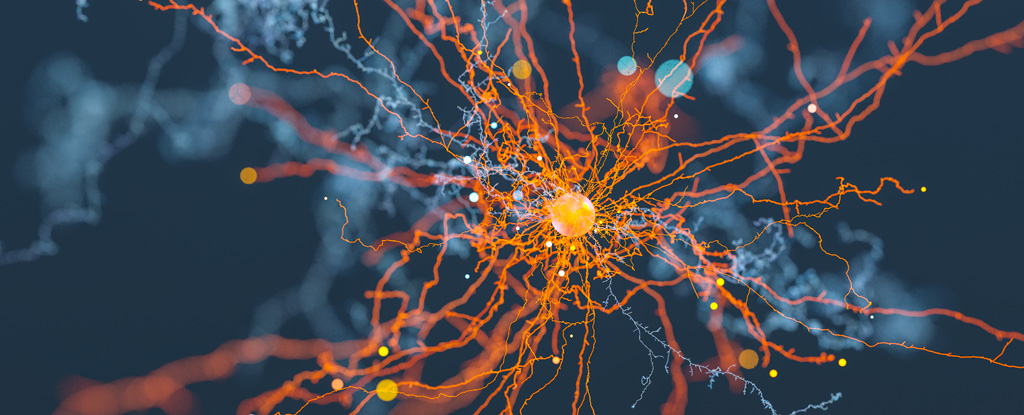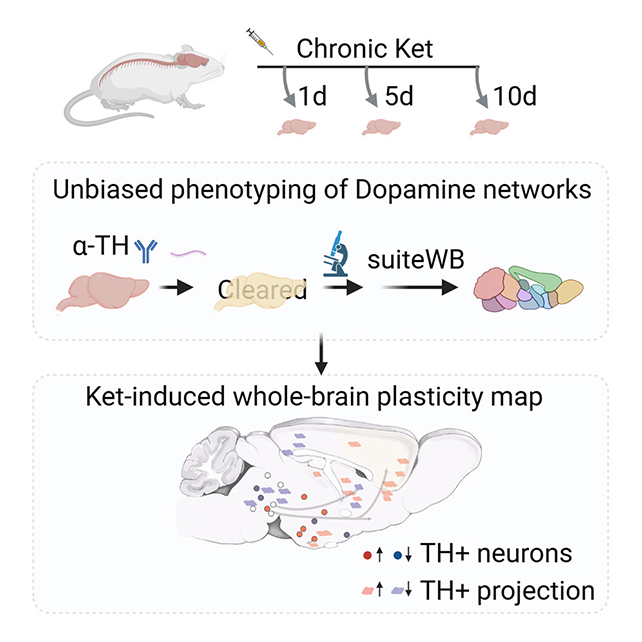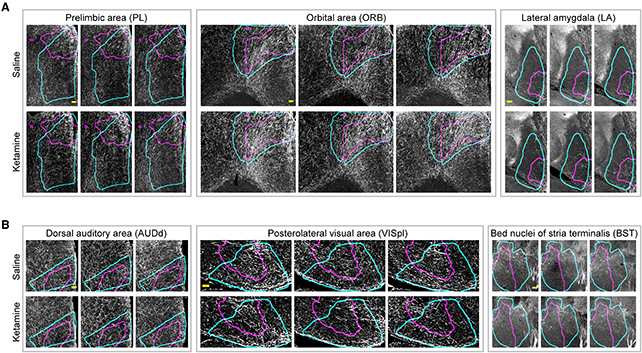
Ketamine is renowned for its reputation as a risky recreational substance, yet when administered responsibly, it exhibits potential benefits in addressing various health concerns. Nevertheless, a recent study prompts consideration of the precision required in targeting ketamine treatments.
Conducted by researchers at Columbia University, a series of experiments on mice revealed that the repeated usage of ketamine over 10 days induces fundamental alterations in the brain’s regulation of dopamine, the neurotransmitter responsible for signaling pleasure and satisfaction.
The research identified a reduction in dopamine neurons in certain brain regions, accompanied by an increase in these neurons in other areas. To ensure the continued use of ketamine as a treatment, a more comprehensive understanding of these effects is imperative.

“Rather than exposing the entire brain to ketamine, as is common in most therapies, our comprehensive brain mapping data suggests a safer strategy would involve targeting specific brain regions. This approach aims to minimize unintended effects on other dopamine areas,” explains neurobiologist Raju Tomer from Columbia University.
The level of detail and duration of the study represent uncharted territory, making it premature to definitively ascertain the impact of ketamine on our brains. It’s crucial to note that these findings are based on experiments conducted on mice, not humans.
Nevertheless, the researchers observed a reduction in dopamine neurons in the segment of the midbrain responsible for mood regulation. This observation may offer insights into why prolonged ketamine usage could result in symptoms akin to those associated with schizophrenia—a mood disorder, as outlined in a study.

On the positive side, there was an uptick in dopamine neurons discovered in the hypothalamus region, responsible for managing the body’s fundamental functions. This observation could potentially explain why ketamine appears to be beneficial in addressing eating disorders, according to the researchers.
“The reconfiguration of the brain’s dopamine system observed after repeated ketamine use may be associated with gradual cognitive and behavioral changes,” states neurobiologist Malika Datta from Columbia University.
As the researchers delve into the implications of these findings for the use of ketamine, the study marks a notable achievement for the brain mapping technique employed. This innovative approach combines various imaging and neuron labeling methods.
This study represents the first instance of visualizing ketamine’s effects across the entire brain at an individual cell level. It’s important to note that only dopamine neurons were analyzed, providing just one facet of the overall understanding of the processes involved.
“The study is breaking new ground in technology, showcasing how to conduct high-resolution studies of the entire brain,” remarks neurobiologist Yannan Chen from Columbia University.
The research has been published in Cell Reports.





